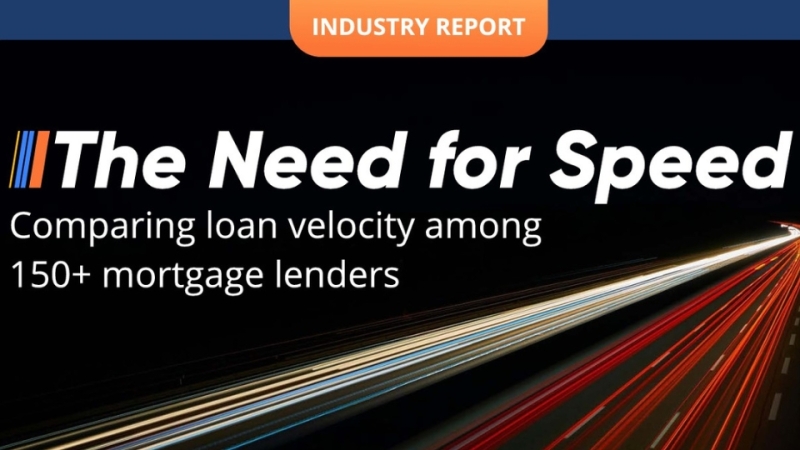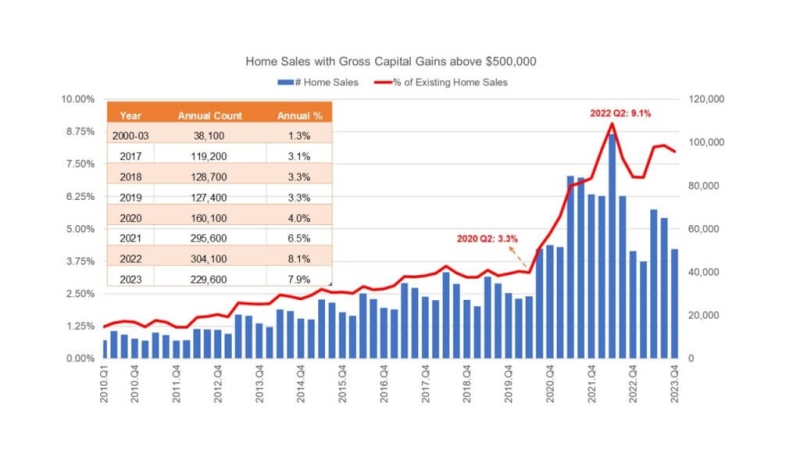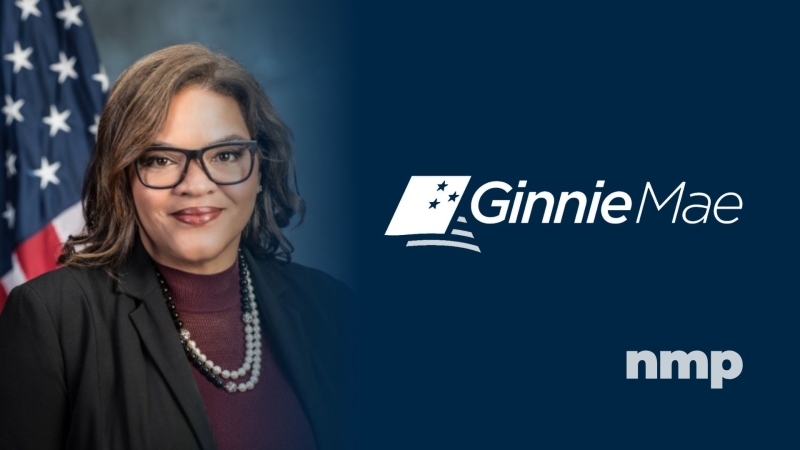Advertisement
Federal Agencies Seeking Comment on Proposed Rule Defining QRMs

Six federal agencies are seeking comment on a proposed rule that would require sponsors of asset-backed securities (ABS) to retain at least five percent of the credit risk of the assets underlying the securities and would not permit sponsors to transfer or hedge that credit risk. The rule is proposed by the Federal Reserve Board (FRB), the Office of the Comptroller of the Currency (OCC), the Federal Deposit Insurance Corporation (FDIC), the U.S. Securities & Exchange Commission (SEC), the Federal Housing Finance Agency (FHFA), and the U.S. Department of Housing & Urban Development (HUD). Public comments on the proposed rule are due by June 10, 2011.
As required by the Dodd-Frank Wall Street Reform and Consumer Protection Act, the proposal includes descriptions of loans that would not be subject to these requirements, including asset-backed securities that are collateralized exclusively by residential mortgages that qualify as qualified residential mortgages (QRMs). The proposal would establish a definition for QRMs—incorporating such criteria as borrower credit history, payment terms, and loan-to-value ratio—designed to ensure they are of very high credit quality. The proposed rule also includes investor disclosure requirements regarding material information concerning the sponsor’s retained interests in a securitization transaction. The disclosures would provide investors and the agencies with an efficient mechanism to monitor compliance with the risk-retention requirements of the proposed rules.
In crafting the proposed rule, the agencies sought to ensure that the amount of credit risk retained is meaningful, while reducing the potential for the rule to negatively affect the availability and cost of credit to consumers and businesses. It would provide sponsors with various options for meeting the risk-retention requirements of the Dodd-Frank Act. Among other things, the options include:
►Retention of risk by holding at least five percent of each class of ABS issued in a securitization transaction (also known as vertical retention);
►Retention of a first-loss residual interest in an amount equal to at least 5 percent of the par value of all ABS interests issued in a securitization transaction (horizontal retention);
►An equally-divided combination of vertical and horizontal retention;
►Retention of a representative sample of the assets designated for securitization in an amount equal to at least five percent of the unpaid principal balance of all the designated assets; and
►For commercial mortgage-backed securities (CMBS), retention of at least a five percent first-loss residual interest by a third party that specifically negotiates for the interest, if certain requirements are met.
The proposed rule also has a zero percent risk-retention requirement for ABS collateralized exclusively by commercial loans, commercial mortgages, or automobile loans that meet certain underwriting standards. As with QRMs, these underwriting standards are designed to be robust and to ensure that the loans backing the ABS are of very low credit risk.
The proposed rule would also recognize that the 100 percent guarantee of principal and interest provided by Fannie Mae and Freddie Mac meets their risk-retention requirements as sponsors of mortgage-backed securities for as long as they are in conservatorship or receivership with capital support from the U.S. government.
About the author





